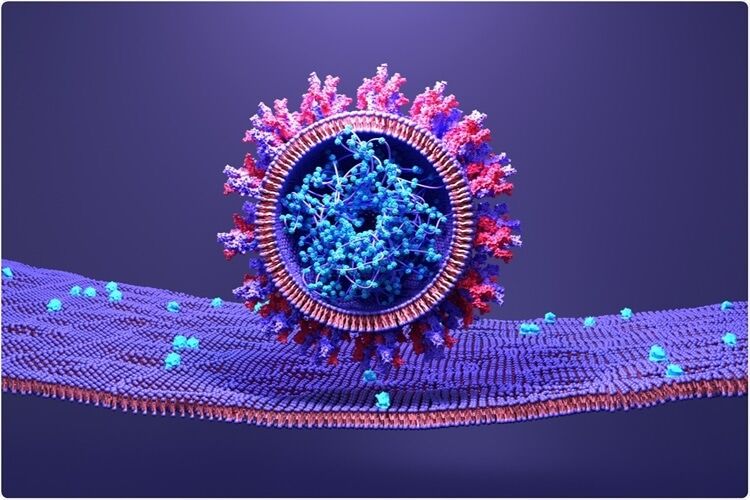New COVID-19 therapy in Peru shows promise against future variants
Pre-clinical trial research aims to confirm the efficacy of a special molecule used to prevent the infection of human cells
 Photo Credit: Shutterstock
Photo Credit: Shutterstock
PERU. Lima: A potential breakthrough has arrived in the ongoing fight against COVID-19. The University of Engineering and Technology (UTEC) together with the company AUNA and scientists from other nations are investigating the use of a decoy ACE2 molecule to prevent the coronavirus from infecting human cells.
Defeating COVID-19 through the use of cell receptors?
To win the war against SARS-CoV-2, it's important to understand how the virus infects people. It does this through cell receptors in the S-protein called ACE2. The virus binds with the receptor, which allowed it to penetrate human cells and replicate. Australian scientists successfully created an artificial soluble ACE2 molecule that is meant to act as a decoy for the virus. The objective is for the virus to bind with the "bait" ACE2 molecules, which will block the path of infection and reduce the virus load in a patient.
A medical case study reported in The Lancet showed encouraging results for the use of this strategy, but adjustments need to be made to increase its effectiveness.
Julio Valdivia, director of Bioengineering at UTEC, stated, "The recombinant soluble ACE2 molecule binds efficiently to the virus. The problem is that it disappears quickly because it's unstable. The strategy we are working on, with the support of Robert Kruse, from Johns Hopkins University, and John Wu, CEO of the company ProMab, involves combining the molecule with a crystallizable fraction (Fc region). In this way, we make it more stable."
A treatment that is variant proof
Perhaps the most exciting part is the treatment would remain effective despite mutations of the virus since all strains require bonding with the ACE2 receptor to infect its host. Variant strains wouldn't change this, which could solve a critical problem for vaccine manufacturers.
Melanie Cornejo, manager of Medical Innovation at AUNA Ideas, asserted, "The ACE2 receptor is the gate that the virus uses to enter cells, a variant or mutation could not decrease the affinity of SARS-CoV-2 for that receptor. These changes would not affect the therapy we are proposing."
Cornejo hopes to manufacture the molecule in Peru after the research completes the necessary clinical trials. This comes at a critical time as new variants of the coronavirus are appearing nearly as fast as vaccines are being administered throughout the globe.
Peru has been among the worst affected countries in South America, with a reported 1.81 million cases of SARS-CoV-2.



